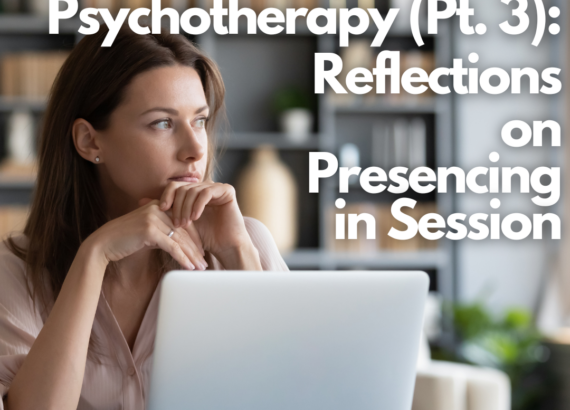Treating Early Relational Trauma (28)

On this week’s episode of EBT, Bridger and Caleb talk through Perez & Sundheims’ 2015 article on treating early relational trauma.
Psychoanalytic and Attachment Theory
- Because of a baby’s helplessness,
- They have to implement strategies to mitigate it.
- Additionally, if the attachment figure or environment is not reliable this creates anxiety and withdrawal in the infant
- And is a threat to development
- Because the infant depends on the attachment figure for survival.
- Importantly, knowing this can help with understanding older adults’ anxieties
- Because they can be connected back to this early relational trauma
- And the impact of the environment on the infant’s ability to regulate.
- Additionally, this can lead to development favoring fear and arousal
- Instead of regulation and rest.
- Early relational life has a lot of mental and physical health implications.
Attachment Relationship and its Regulatory Function
- Attunement in relationships aids in co-regulation.
- Specifically, the absence of co-regulation leads to over-activation of fear.
- When children are dysregulated, they look to their caregiver
- And if this process is threatened, it can affect development.
- Additionally, adult brains use templates created in childhood to identify threats in their environment.
- Importantly, the lack of caregiver regulation leads to long-term changes in stress responses.
- Our attachment relationships in life are crucial.
Brain Development & Early Relational Trauma
- Without secure attachment and co-regulation the moderating of stress responses is affected
- And the neural architecture of the brain will shift.
- Importantly, this can affect you beyond childhood
- Because you build upon this architecture.
- Caleb shares a client example ( 29:28)
- “The growth of the brain is largely experience dependent” (31:56)
- Additionally, relationship synchronization is needed for an immature brain to mature.
- Children that experienced early relational trauma are unable to self-regulate negative states.
Neurobiological Descriptions of Early Relational Trauma
- The response to early relational trauma is perpetuated by physiological processes
- And this further shapes development.
- Specifically, living in fear distorts sensory perception
- Because of atypical development in the right brain.
- Bridger shares a metaphor (39:24)
- Importantly, be subjective in therapy, not objective
- Because your systems are responsive to the relationship.
Shattered Attachment and Multiple Facets of Loss
- “Attachment strategies are filled with affective experience”
- Attachment theories have shifted to more regulation-oriented theories.
- Importantly, partner and process with the person experiencing trauma.
- Further, attune to the strategies of a child responding to loss
- Don’t dismiss them.
- “Defensive processes are a regular constituent of loss and mourning…”(48:47)
- Additionally, protesting, despairing, and detaching are normal experiences your body uses to mitigate threat.
- And the process of grieving is important.
- When a child loses a caregiver, they lose who they turned to for regulation.
Case Example (53:26)
Clinical Impressions
- “If we are going to treat trauma well, we need to be open to the natural neurobiological processes that find healing” (1:14:38)
- Importantly, providing that safe space to process those natural mechanisms.
- And trying to understand why something was traumatic.
- Additionally, you don’t want the strategies from trauma to become ingrained.
- You want transformative change.
Did you know? After full completion of Beyond Healing Institute’s Somatic Integration and Processing training, each participant can receive 21 NBCC hours.
Beyond Healing Center
- Visit our website for all things BHC
- Contact us about retreats and therapy
- Contact us about training and consultation
Beyond Healing Media
- First, listen to our past episodes of EBT here
- Then, check out more Beyond Healing podcasts
- Give your support and gain access to exclusive content through Patreon
Interested in supporting a child?
- https://www.patreon.com/BurntOutEducator
- 100% of the proceeds donated to the Burntout Educator will provide therapy for a child in the public school system.
- Not therapy capped at a certain number, but an open-ended relationship with a highly qualified therapist in the BHC network.
Connect with us on social media: Facebook & Instagram
Credits
Executive Directors: Jennifer and Ryan Savage, Melissa Bentinnedi, Bridger Falkenstein
Hosts: Bridger Falkenstein, Caleb Boston, and Melissa Benintendi
Filmographer: Tyler Wassam
Podcast Editor: Jamie Eggert
Original Music Composers: Bridger Falkenstein and Caleb Boston
Show Notes: Jamie Eggert & Jordan Murray




fairplaylogin
Alright, getting into Fairplay is simple enough using their login page. Took me like two seconds. Place your bets and see where your luck lands you folks. fairplaylogin